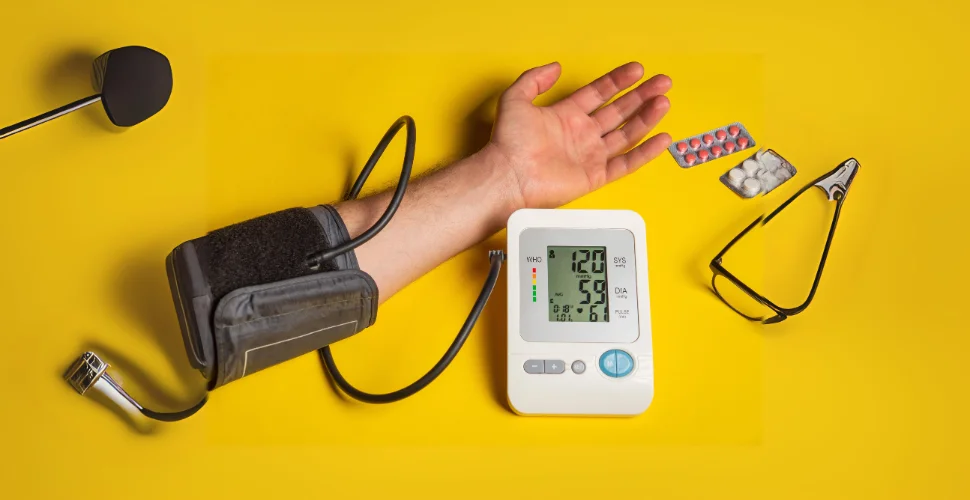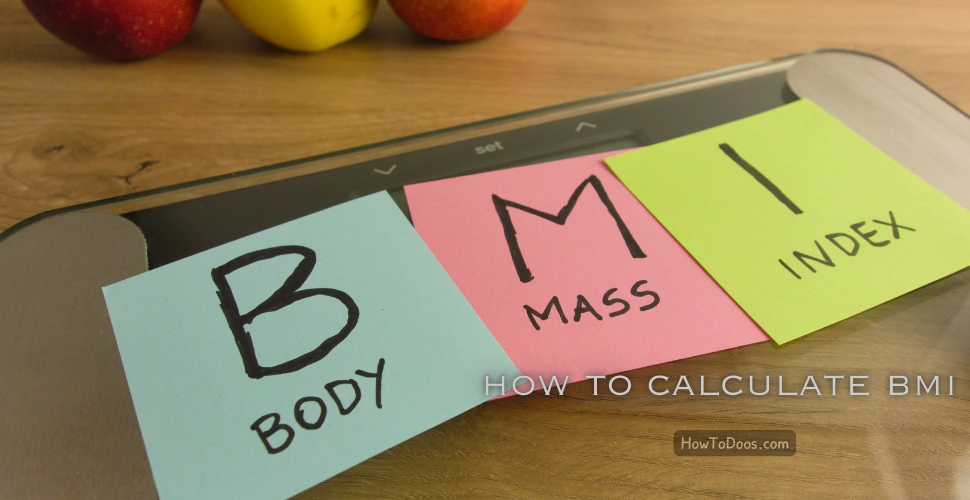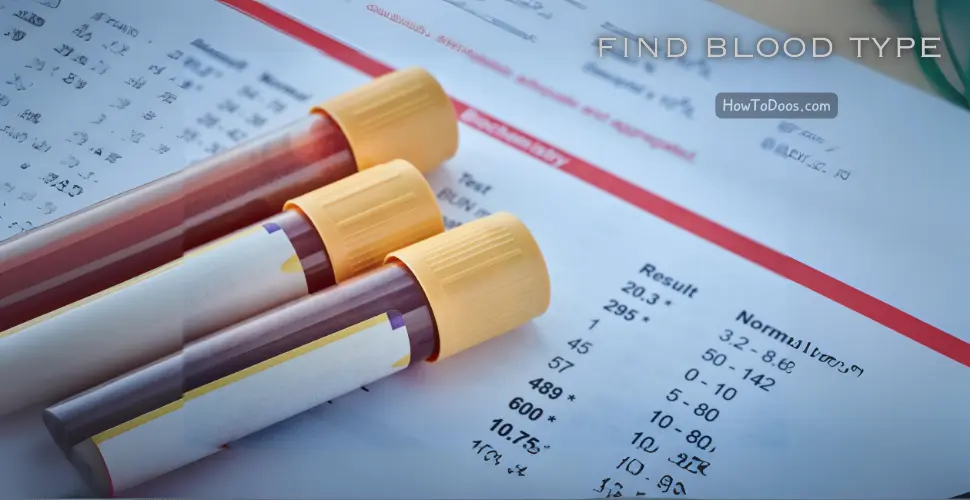How to Reduce Blood Pressure: Effective Strategies for a Healthier Life
-
 Jessica Williams
Jessica Williams - 16 Jul, 2024

How to Reduce Blood Pressure: Effective Strategies for a Healthier Life
High blood pressure, or hypertension, is a common health issue that can lead to serious complications if left unmanaged. Fortunately, there are many effective strategies to reduce blood pressure and maintain a healthy level. This guide will provide you with practical tips and lifestyle changes to help you achieve this goal.

Understanding Blood Pressure
Blood pressure is the force of blood against the walls of your arteries. It’s measured in millimeters of mercury (mm Hg) and recorded as two numbers:
- Systolic pressure: The pressure when your heart beats.
- Diastolic pressure: The pressure when your heart rests between beats.
Why Reducing Blood Pressure Matters
High blood pressure can lead to:
- Heart disease
- Stroke
- Kidney problems
- Vision loss
Maintaining a healthy blood pressure level is crucial for overall well-being.
Lifestyle Changes to Reduce Blood Pressure
1. Adopt a Healthy Diet
A balanced diet can significantly lower blood pressure. Focus on:
- Fruits and Vegetables: Aim for a variety of colors and types.
- Whole Grains: Opt for whole wheat, brown rice, and oats.
- Low-Fat Dairy: Choose skim or low-fat options.
- Lean Proteins: Include fish, poultry, beans, and nuts.
DASH Diet
The DASH (Dietary Approaches to Stop Hypertension) diet is specifically designed to help lower blood pressure. It emphasizes:
- Reducing sodium intake
- Eating a variety of nutrient-rich foods
2. Reduce Sodium Intake
High sodium intake can raise blood pressure. Limit your consumption by:
- Reading food labels
- Avoiding processed and fast foods
- Using herbs and spices instead of salt for seasoning
3. Maintain a Healthy Weight
Being overweight can increase your risk of hypertension. Even a small weight loss can help reduce blood pressure. Focus on:
- Regular physical activity
- Balanced, portion-controlled meals
4. Exercise Regularly
Physical activity strengthens your heart and helps manage weight. Aim for:
- At least 150 minutes of moderate-intensity exercise per week
- Activities like walking, cycling, swimming, and dancing
5. Limit Alcohol Consumption
Drinking too much alcohol can raise blood pressure. Stick to moderate drinking guidelines:
- Up to one drink per day for women
- Up to two drinks per day for men
6. Quit Smoking
Smoking damages blood vessels and raises blood pressure. Quitting smoking can improve your heart health and overall well-being.
7. Manage Stress
Chronic stress can contribute to high blood pressure. Techniques to manage stress include:
- Meditation and Yoga: Promote relaxation and mindfulness.
- Deep Breathing Exercises: Help calm the nervous system.
- Regular Breaks: Take time to relax and recharge.
Natural Remedies to Lower Blood Pressure

1. Potassium-Rich Foods
Potassium helps balance sodium levels in the body. Good sources include:
- Bananas
- Sweet potatoes
- Spinach
- Avocados
2. Dark Chocolate
In moderation, dark chocolate can help lower blood pressure. Choose chocolate with at least 70% cocoa content.
3. Herbal Supplements
Some supplements may help reduce blood pressure, such as:
- Garlic: Known for its blood pressure-lowering properties.
- Fish Oil: Contains omega-3 fatty acids beneficial for heart health.
4. Green Tea
Rich in antioxidants, green tea can help improve heart health and lower blood pressure.
Monitoring Your Blood Pressure
Regular Check-Ups
Keep track of your blood pressure with regular check-ups. Home monitoring devices can also help you stay informed about your levels.
Recognizing Symptoms
Be aware of symptoms that may indicate high blood pressure, such as:
- Headaches
- Shortness of breath
- Nosebleeds

Summary
Reducing blood pressure involves a combination of lifestyle changes, dietary adjustments, and natural remedies. By adopting a healthy diet, exercising regularly, managing stress, and avoiding harmful habits, you can maintain a healthy blood pressure level and improve your overall well-being.


